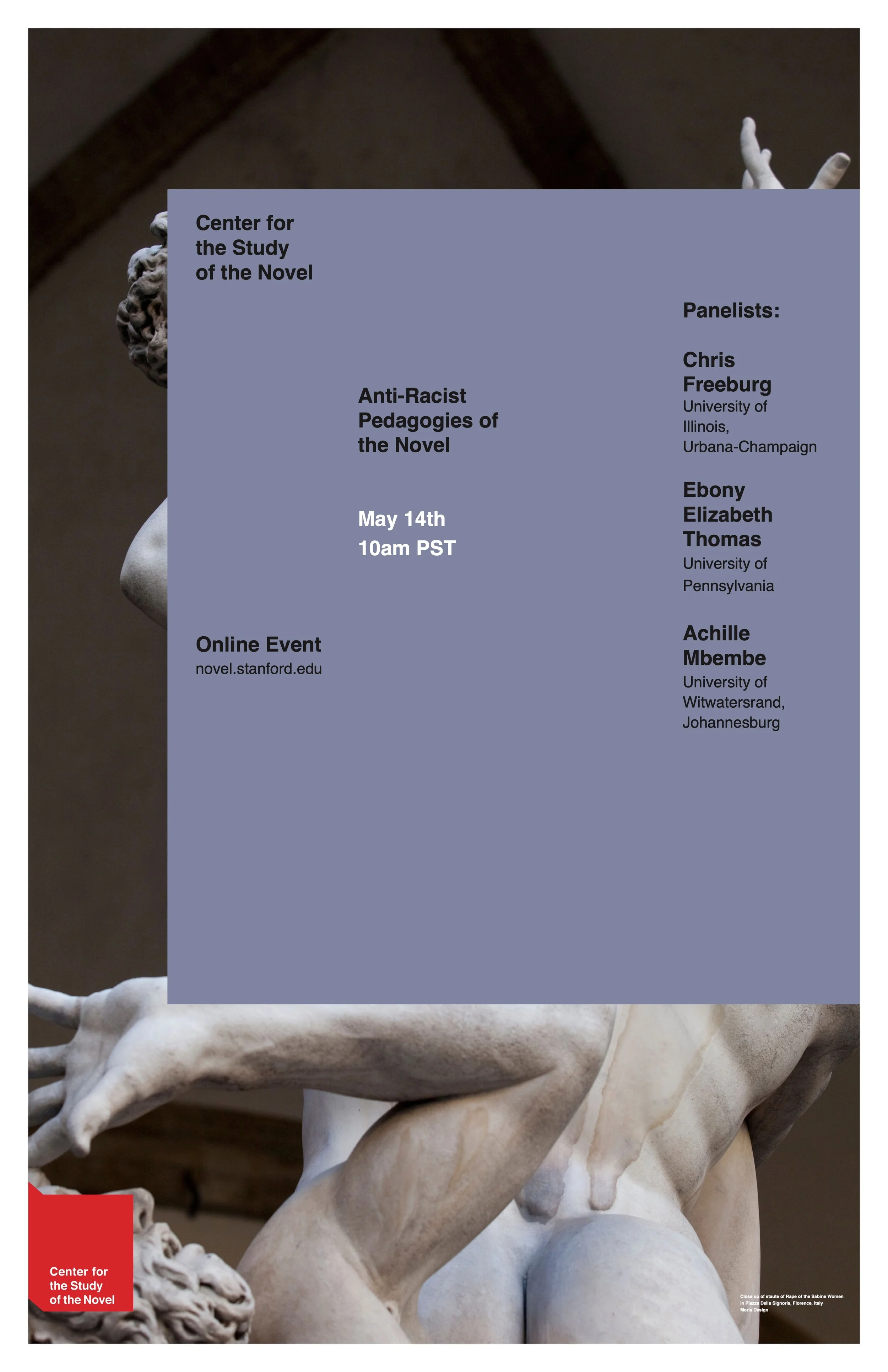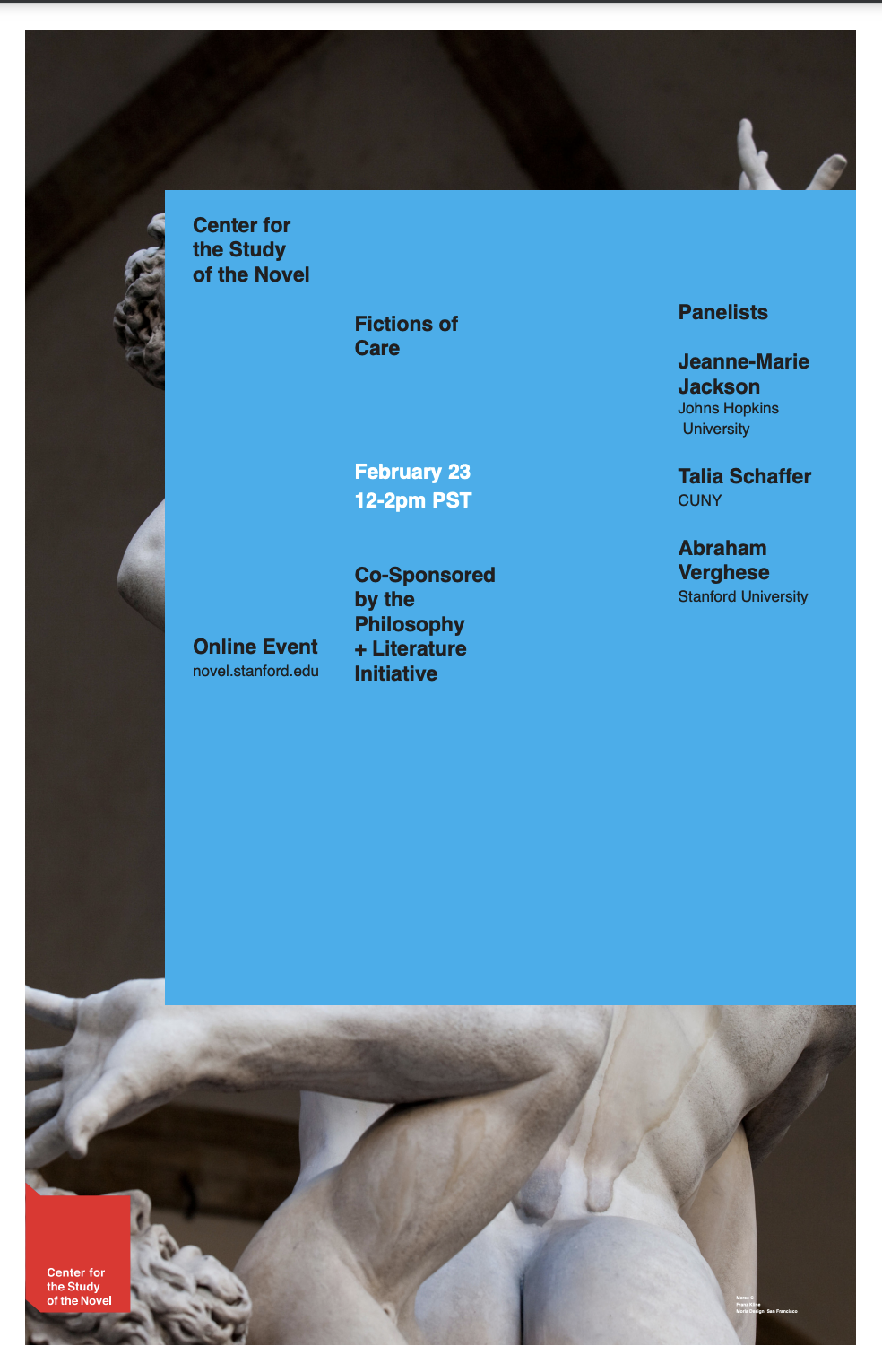Participants: Charne Lavery, Isabel Hofmeyr, Vilashini Cooppan, Michaela Bronstein
Join us on Thursday, November 3rd for the next Center for the Study of the Novel’s Books at the Center event. We are delighted to welcome Charne Lavery and Isabel Hofmeyr, authors of Writing Ocean Worlds (Palgrave Macmillan, 2021) and Dockside Reading (Duke University Press, 2022), respectively. They will be joined in discussion by Vilashini Cooppan (Literature and Critical Race and Ethnic Studies, UCSC) and Michaela Bronstein (English, Stanford).
Writing Ocean Worlds explores the Indian Ocean world as it is produced by colonial and postcolonial fiction in English. It analyses the work of three contemporary authors who write the Indian Ocean as a region and world―Amitav Ghosh, Abdulrazak Gurnah, and Lindsey Collen―alongside maritime-imperial precursor Joseph Conrad. If postcolonial literatures are sometimes read as national allegories, this book presents an account of a different and significant strand of postcolonial fiction whose geography, in contrast, is coastal and transoceanic. This work imaginatively links east Africa, south Asia and the Arab world via a network of south-south connections that precedes and survives European imperialism. The novels and stories provide a vivid, storied sense of place on both a local and an oceanic scale, and in so doing remap the world as having its centre in the ocean and the south.
In Dockside Reading Isabel Hofmeyr traces the relationships among print culture, colonialism, and the ocean through the institution of the British colonial Custom House. During the late nineteenth and early twentieth centuries, dockside customs officials would leaf through publications looking for obscenity, politically objectionable materials, or reprints of British copyrighted works, often dumping these condemned goods into the water. These practices, echoing other colonial imaginaries of the ocean as a space for erasing incriminating evidence of the violence of empire, informed later censorship regimes under apartheid in South Africa. By tracking printed matter from ship to shore, Hofmeyr shows how literary institutions like copyright and censorship were shaped by colonial control of coastal waters. Set in the environmental context of the colonial port city, Dockside Reading explores how imperialism colonizes water. Hofmeyr examines this theme through the concept of hydrocolonialism, which puts together land and sea, empire and environment.
The event will take place in the Terrace Room of Margaret Jacks Hall on Thursday, November 5th at 5pm.
Charne Lavery is a lecturer in the Department of English at the University of Pretoria and researcher on the Oceanic Humanities for the Global South project based at the Wits Institute for Social and Economic Research (WISER), University of the Witwatersrand. She explores literary and cultural representations of the deep ocean, the Indian Ocean, and the Southern Ocean and Antarctic seas, researching oceanic underworlds of the global South from a postcolonial-ecological perspective. She is the South African Humanities and Social Sciences delegate to the international Scientific Committee on Antarctic Research (SCAR), co-editor of the Palgrave series Maritime Literature and Culture, and has recently published articles on ‘The Oceanic South’ and ‘Antarctica and Africa’.
Isabel Hofmeyr is Professor of African Literature at Wits and Global Distinguished Professor at New York University. Over the last two decades, she has pioneered research on global, oceanic and transnational forms of literary and cultural history that seek to understand Africa’s place in the world. A leading scholar of the Indian Ocean world, Hofmeyr has served as Acting Director of the Centre for Indian Studies in Africa, which she played a leading role in establishing. Her prize-winning books include The Portable Bunyan: A Transnational History of The Pilgrim’s Progress (1994); Gandhi’s Printing Press: Experiments in Slow Reading (2013) and Ten Books that Shaped the British Empire: Creating an Imperial Commons (2015) (co-edited with Antoinette Burton).
Vilashini Cooppan is Professor of Literature and Critical Race and Ethnic Studies at the University of California, Santa Cruz. She is the author of Worlds Within: National Narratives and Global Connections in Postcolonial Writing (Stanford, 2009), "Teaching Anglophone World Literature," in Handbook of Anglophone World Literatures (De Gruyter, 2020), "Nobody's Novel," in The Cambridge Companion to the Novel (Cambridge, 2018), and "World Literature Between History and Theory," in The Routledge Companion to World Literature (Routledge, 2013), among others.
Michaela Bronstein is an Assistant Professor in the English Department at Stanford. She is the author of Out of Context: The Uses of Modernist Fiction (Oxford, 2018), "Four Generations, One Crime" in Crime Fiction as World Literature, (Bloomsbury, 2017), and "From Bolshevism to Bloomsbury: The Garnett Translations and Russian Politics in England" in the Bloomsbury Handbook to the Bloomsbury Group, (2017). Her current manuscript-in-progress is titled Crimes for All Humanity: Revolution and the Modern Novel.
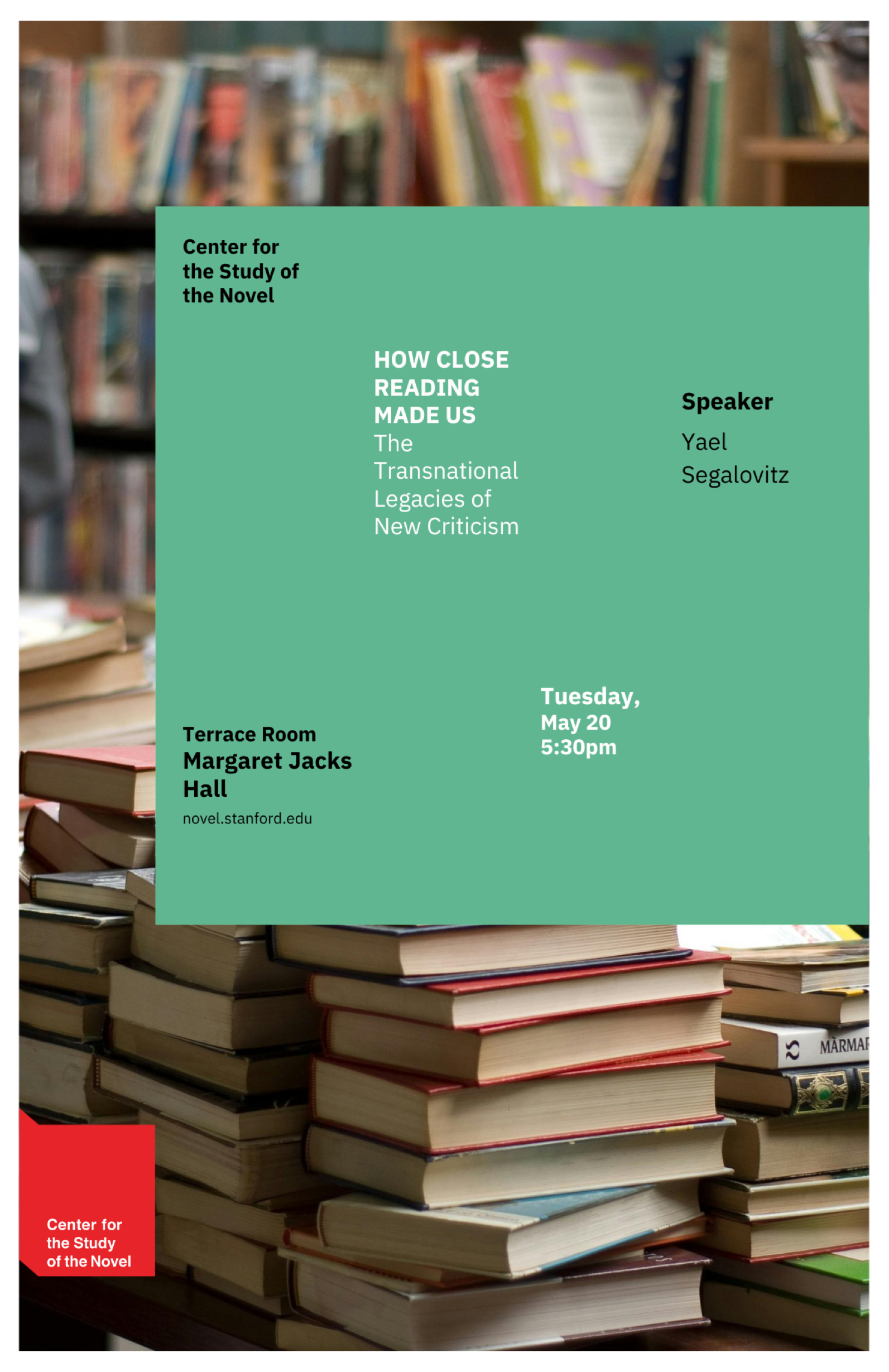
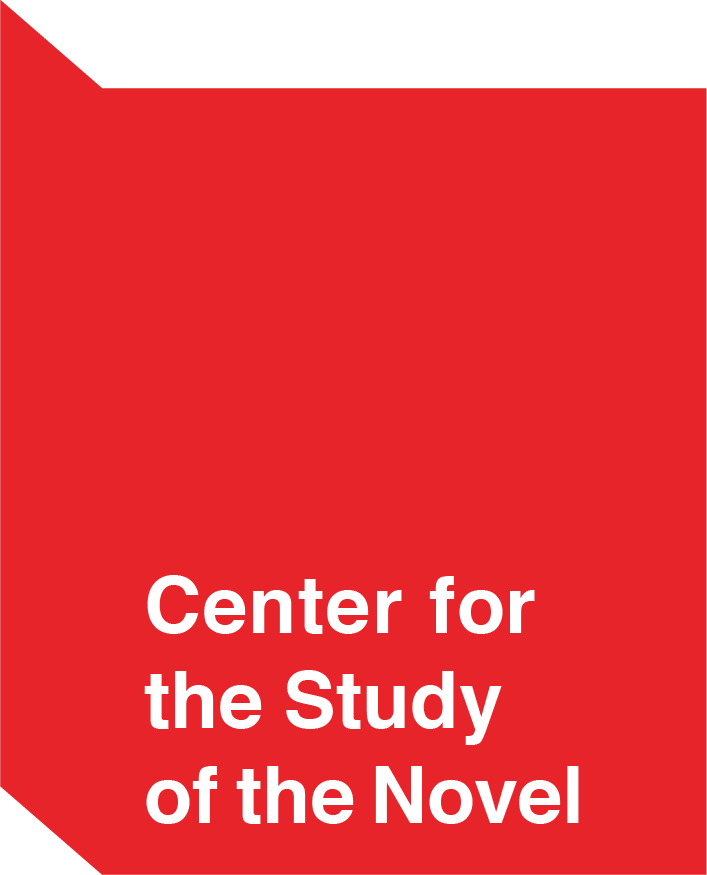
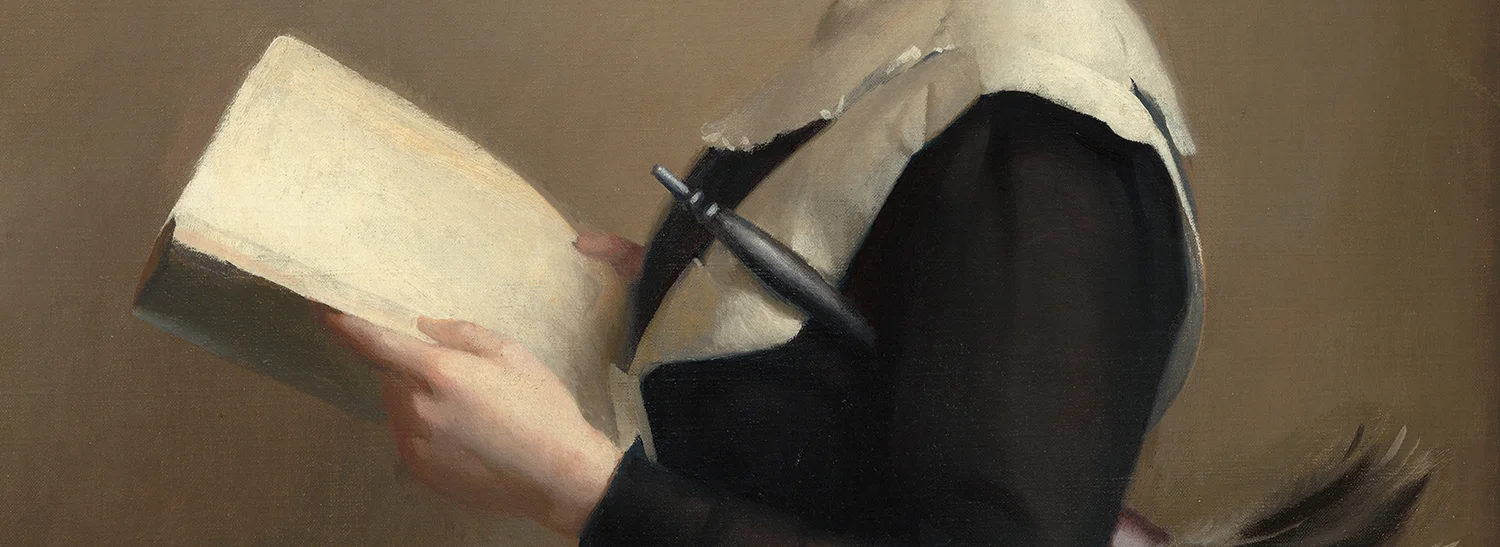

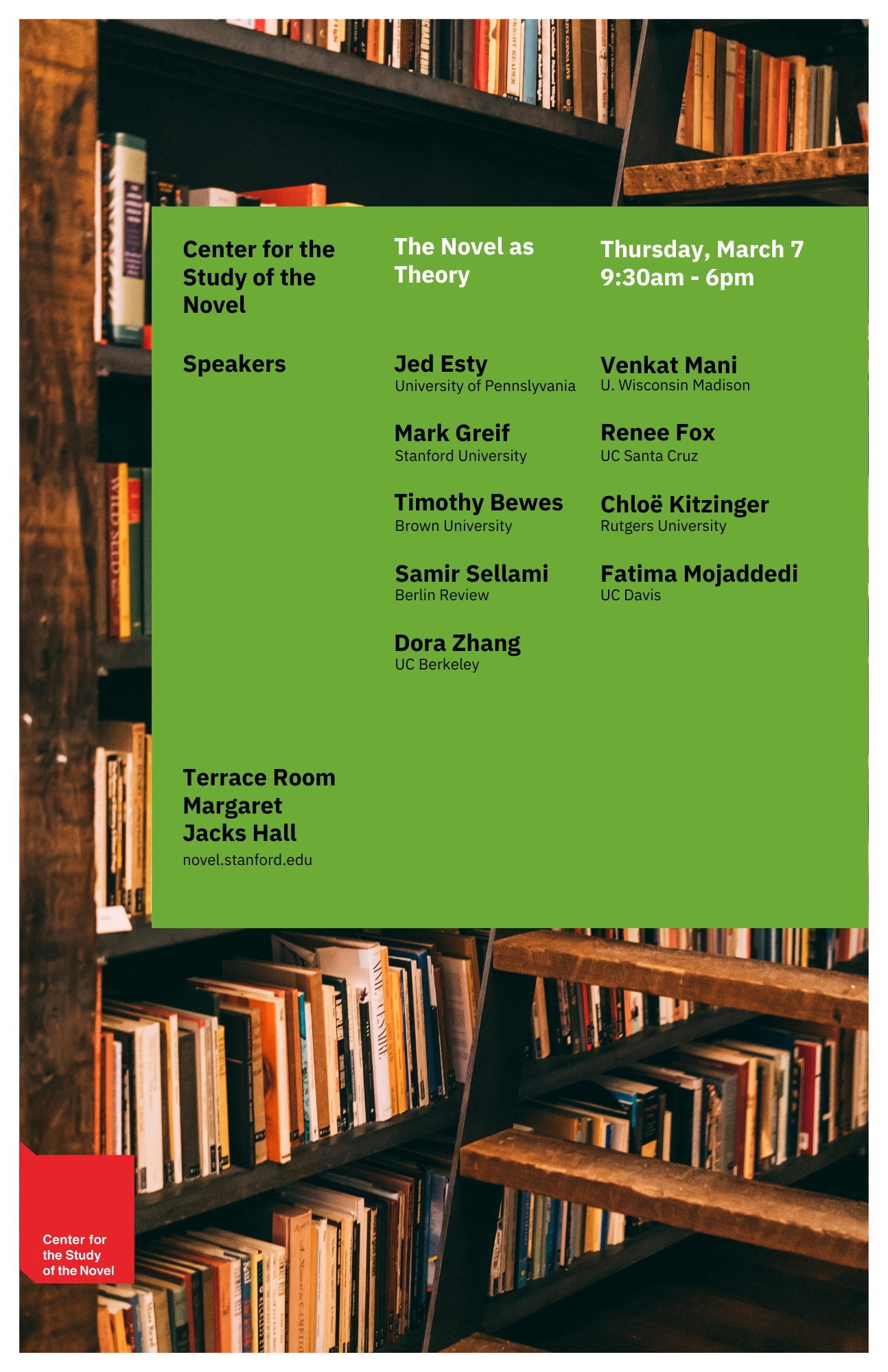
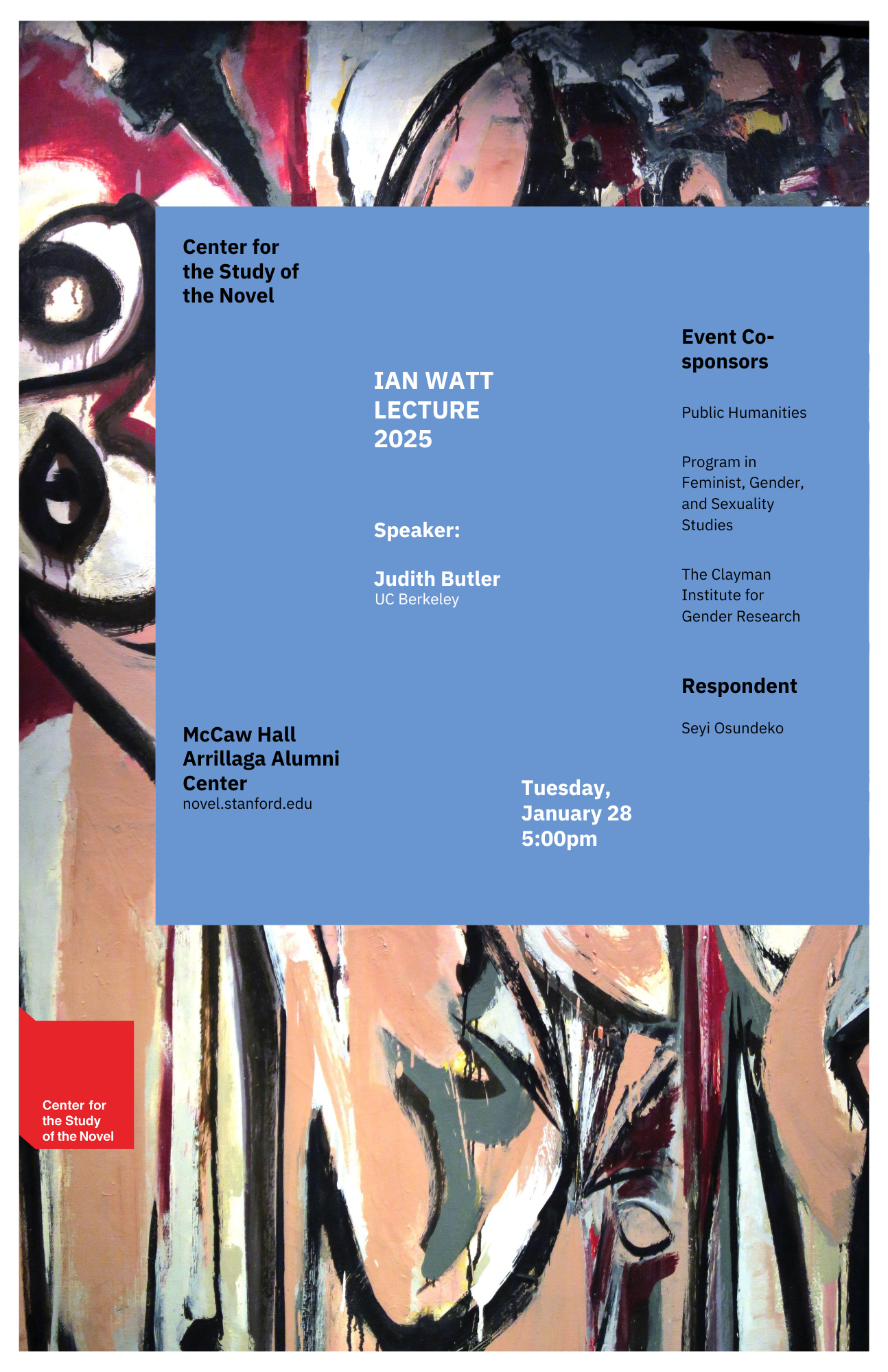
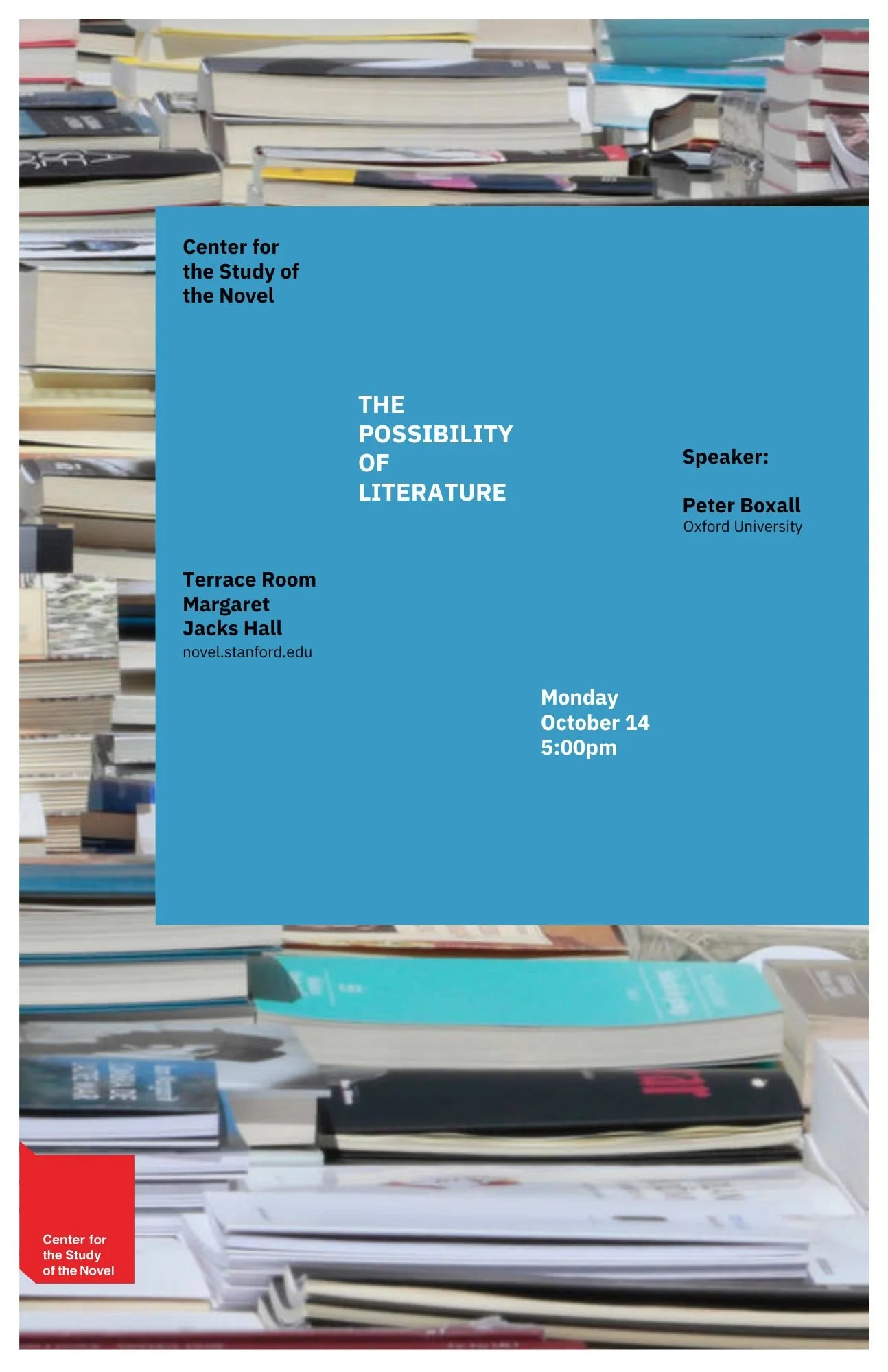
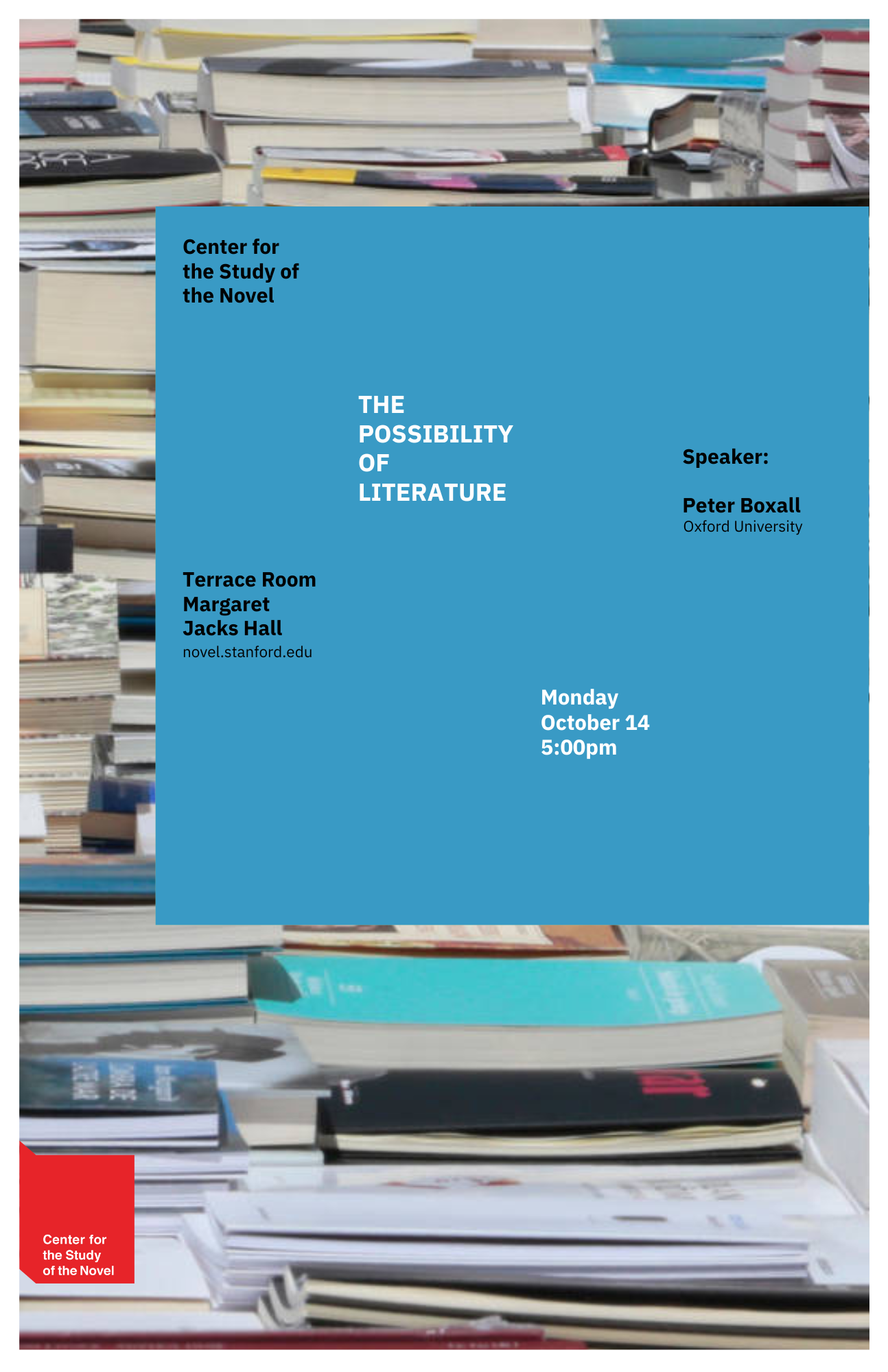

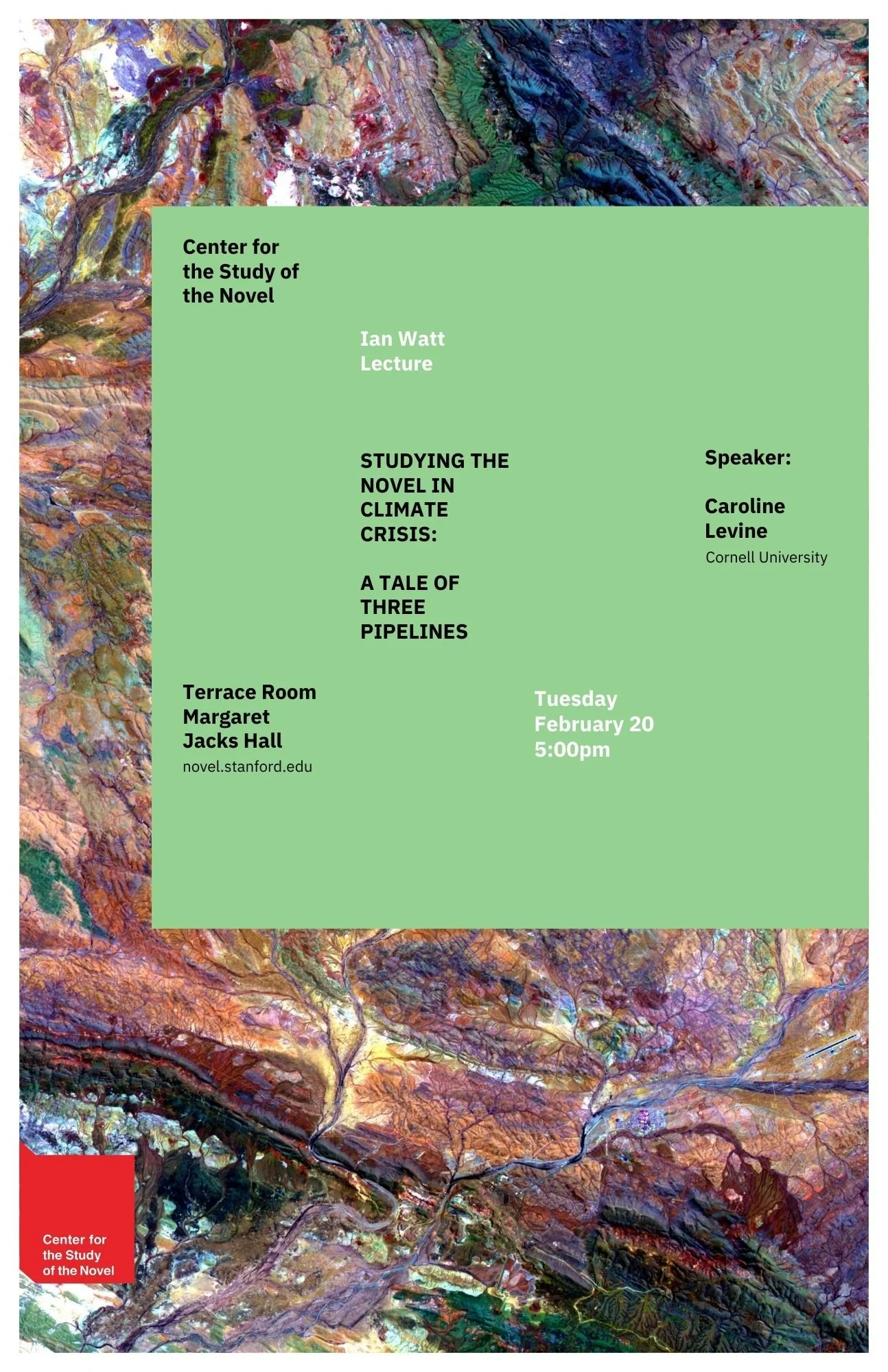
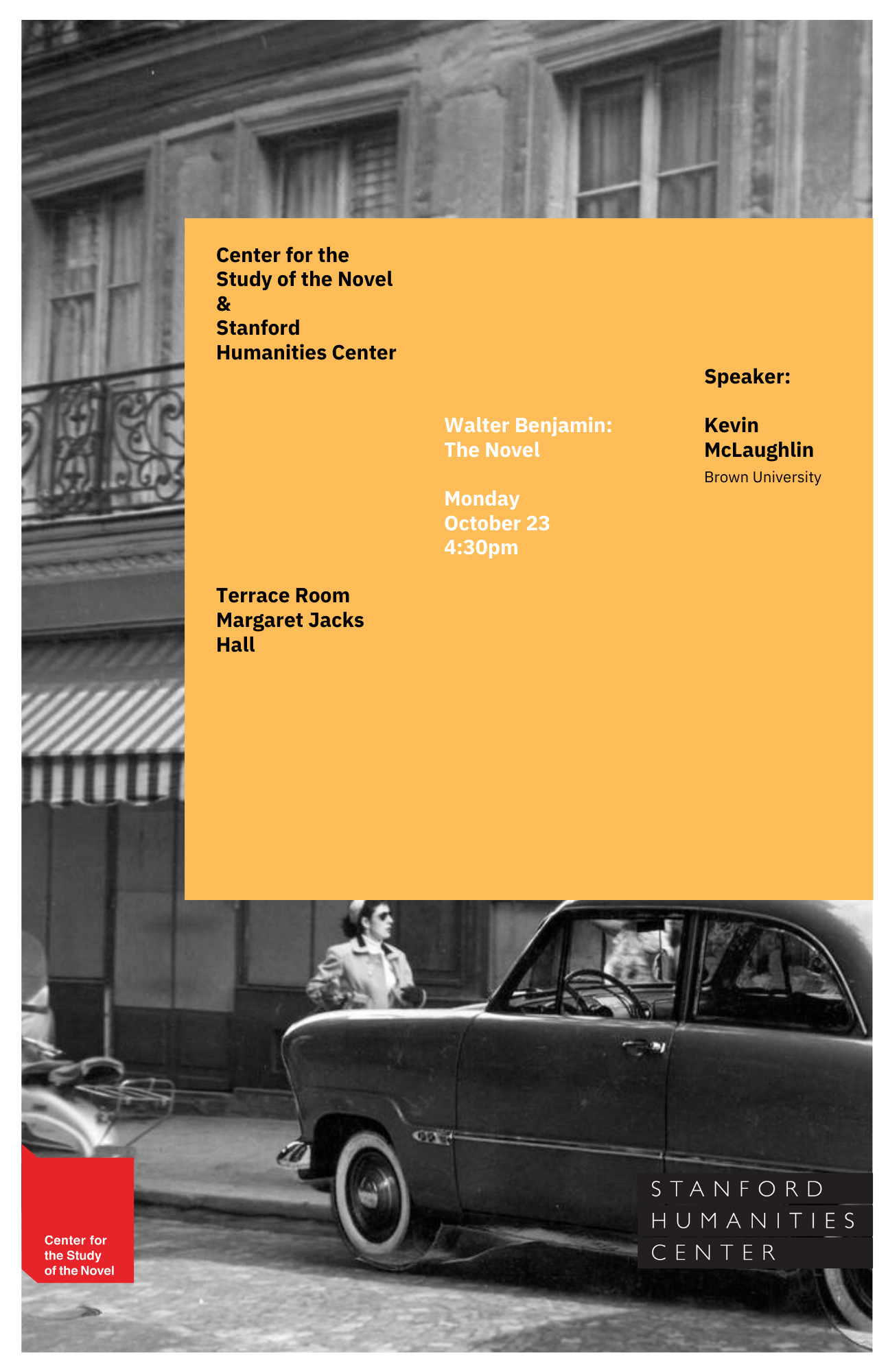
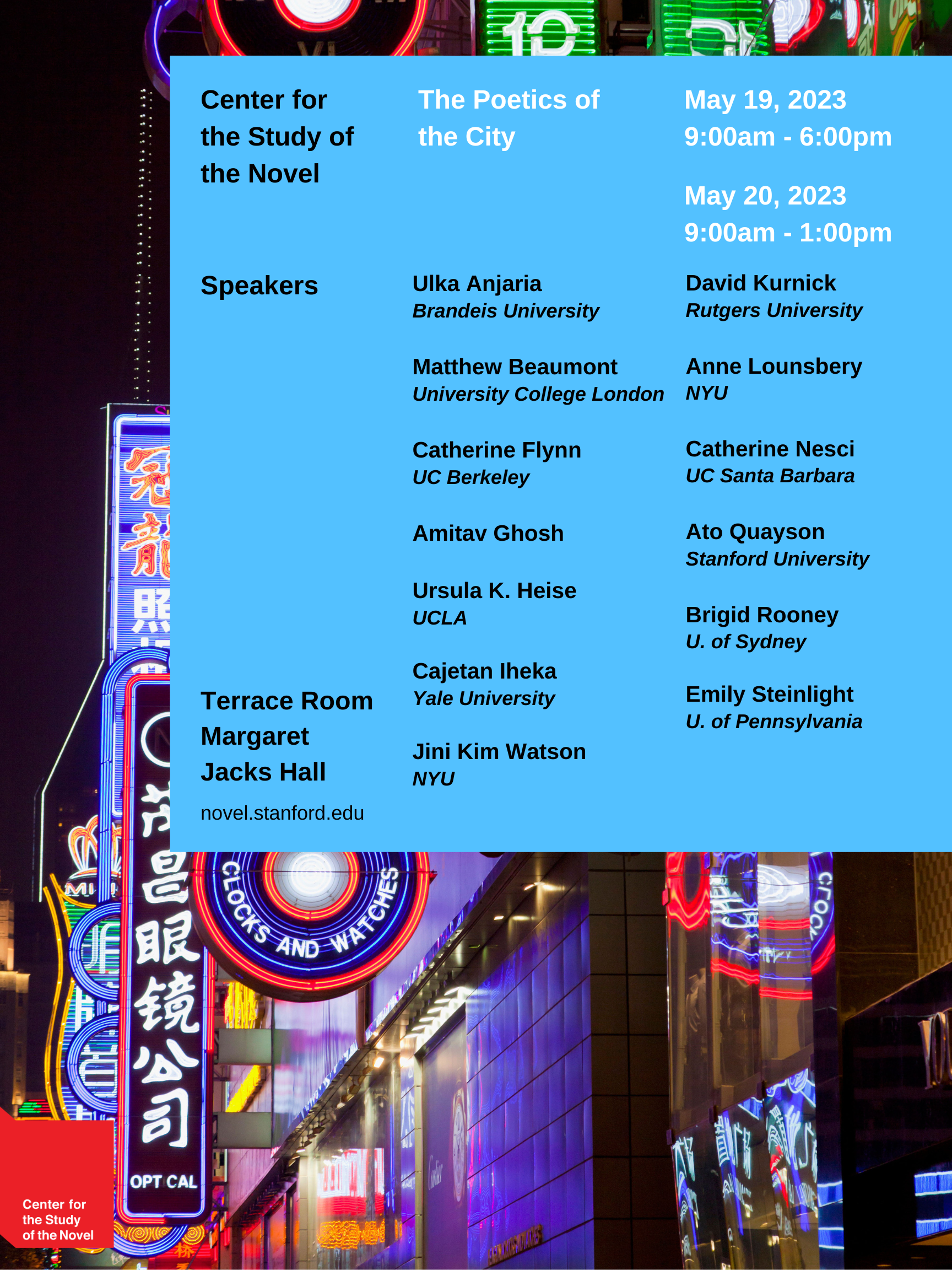
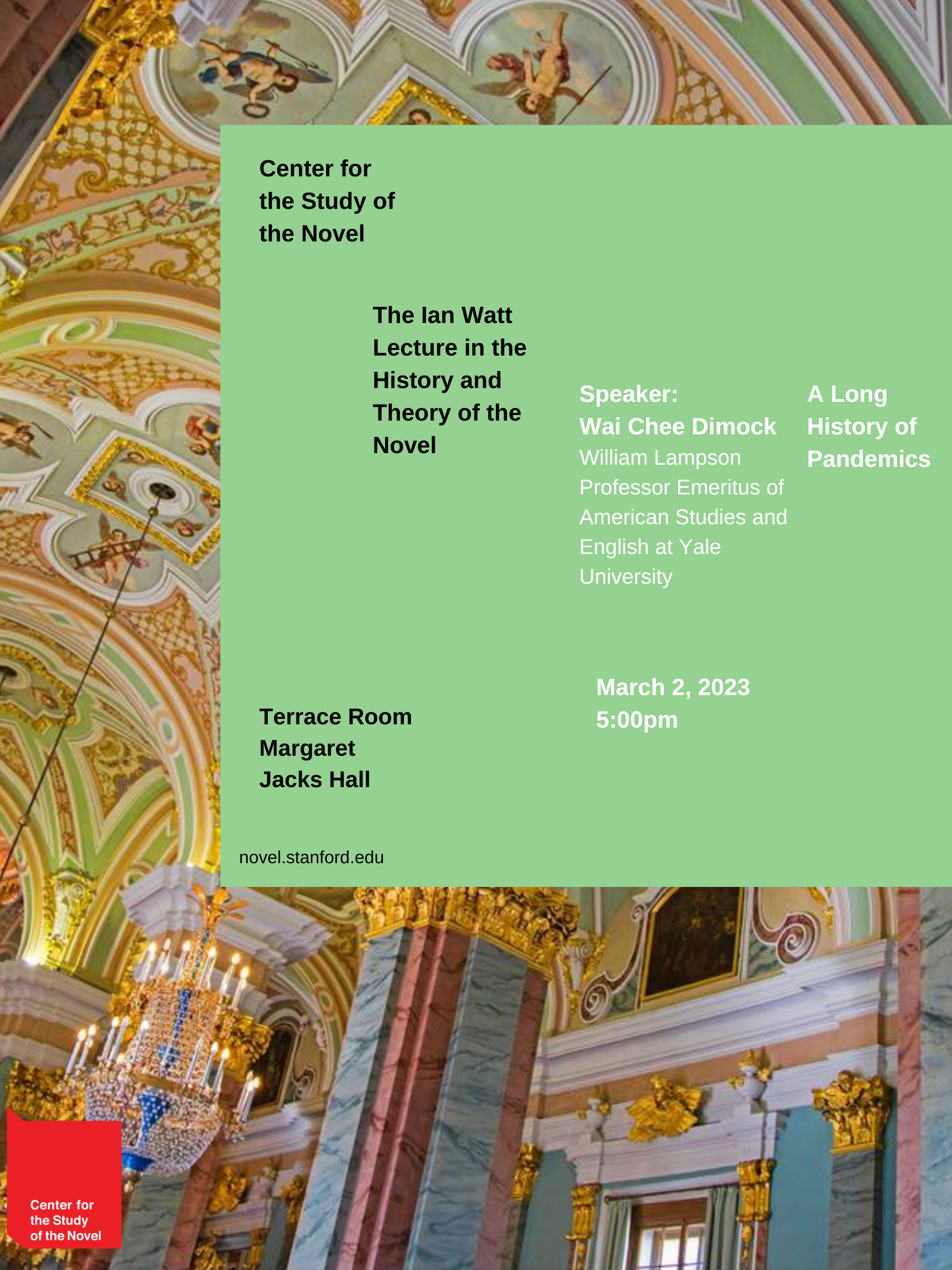
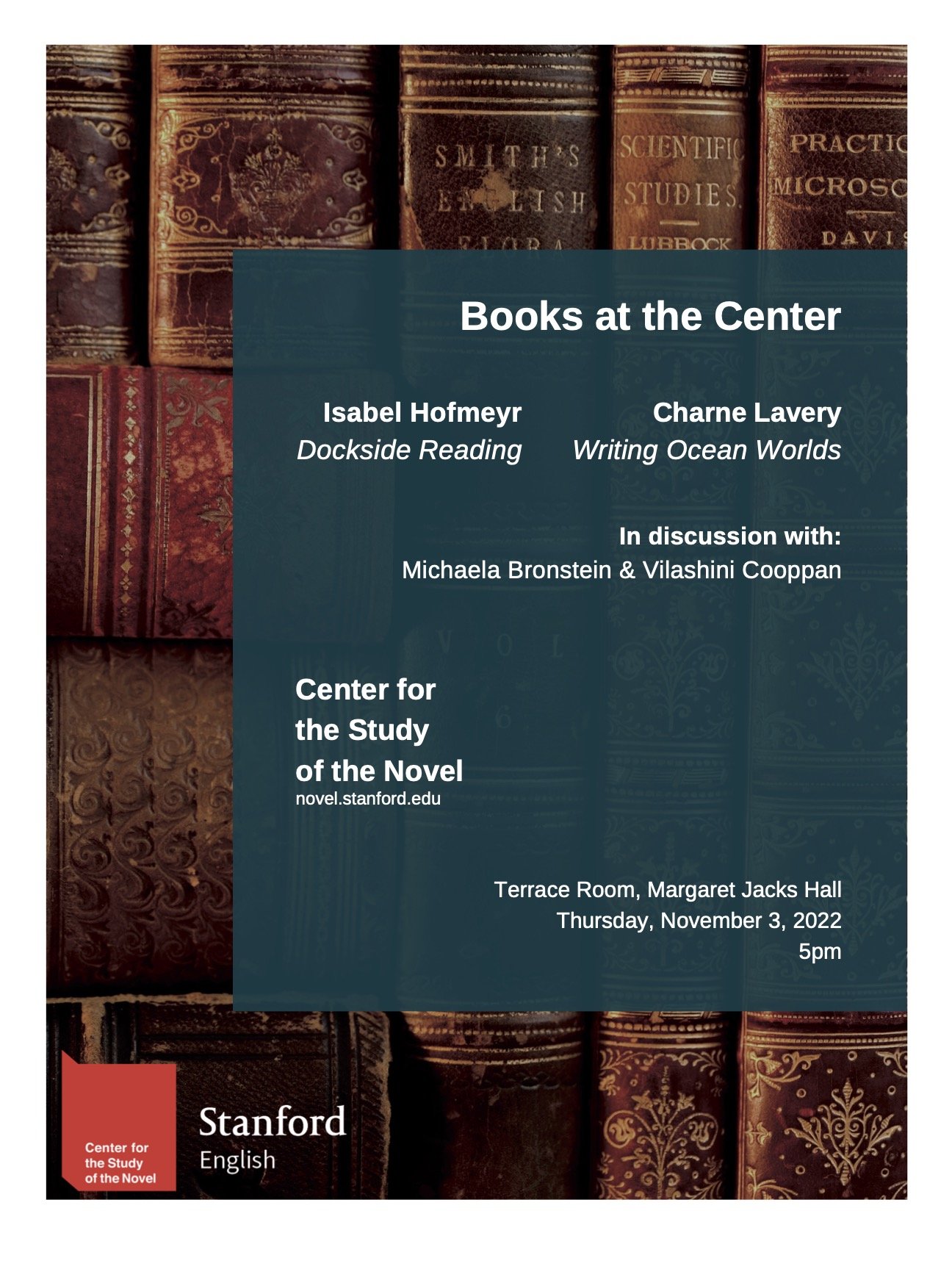
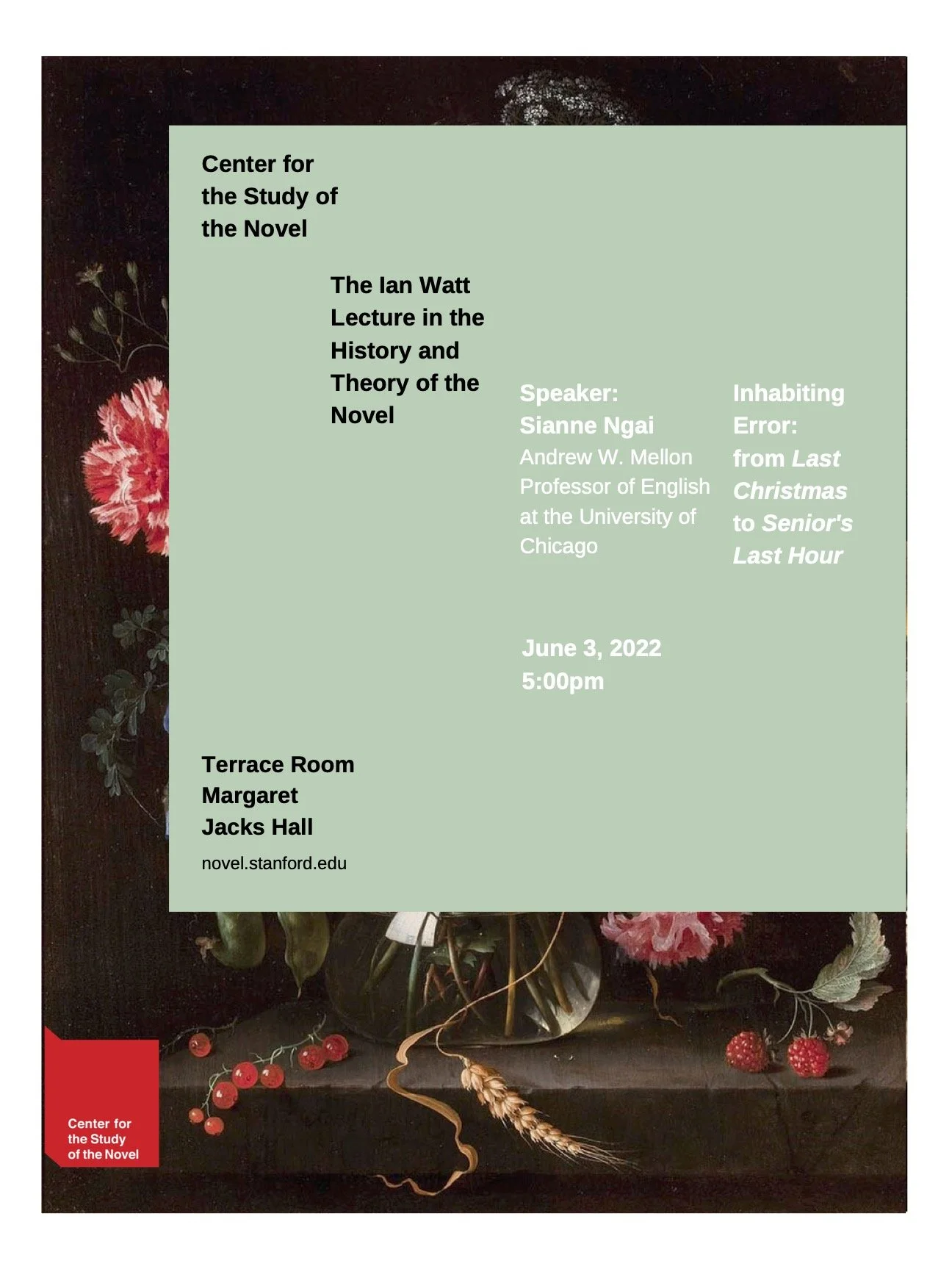
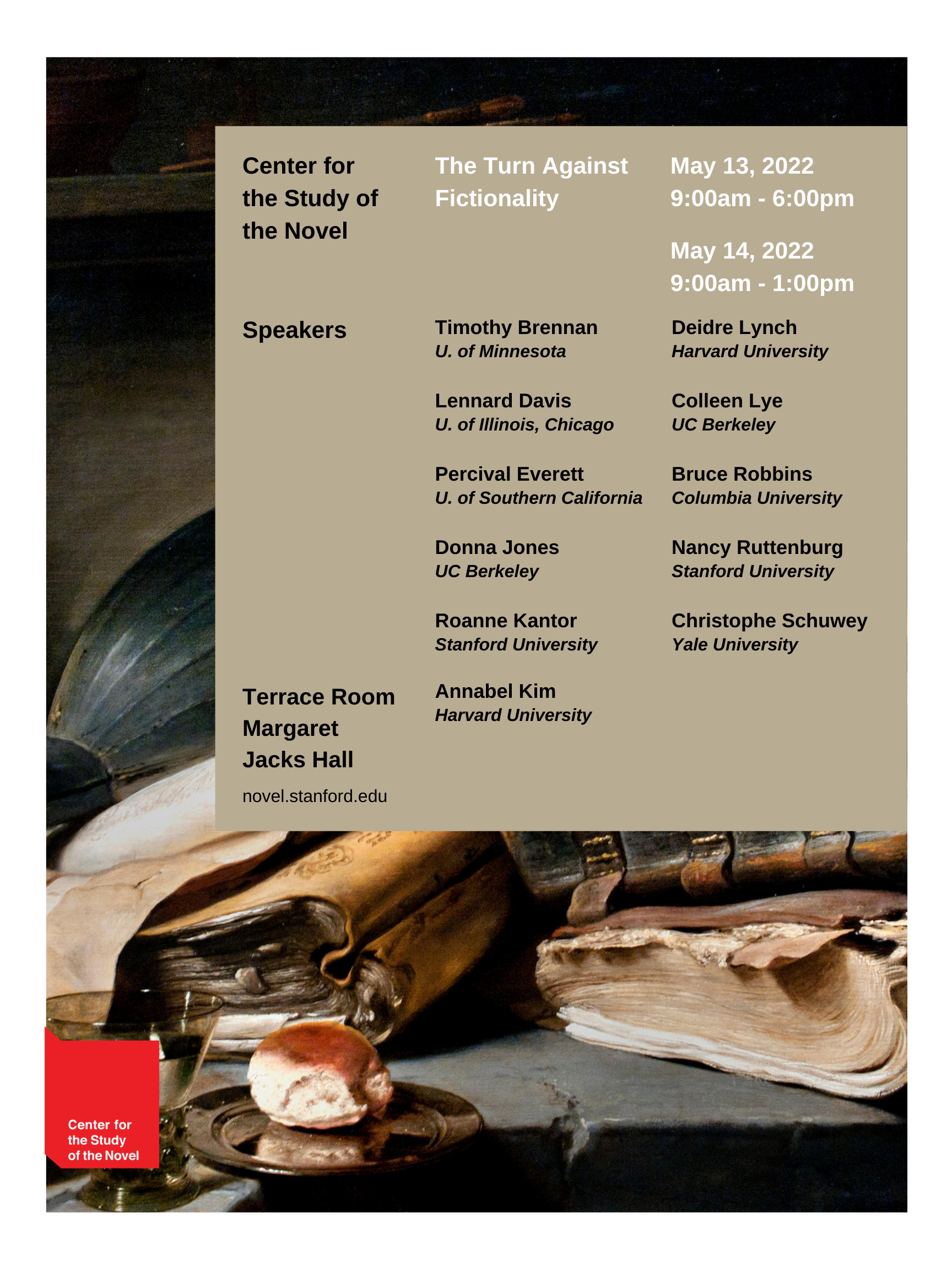


![booksatthecenterV2[33].jpg](https://images.squarespace-cdn.com/content/v1/5c6ef7ebd7819e1c54c12c0c/1632971729237-4M8N1KVZSIVSWLP1GMXD/booksatthecenterV2%5B33%5D.jpg)
